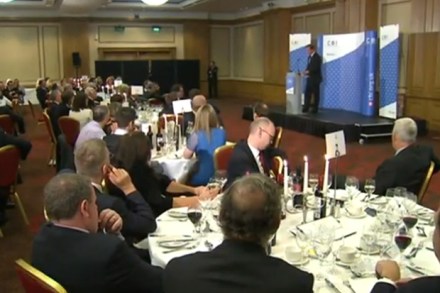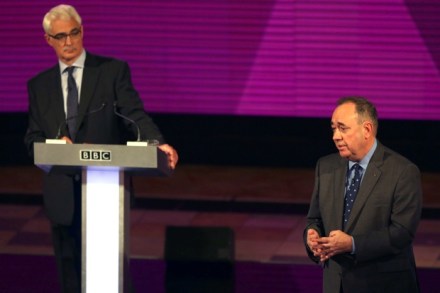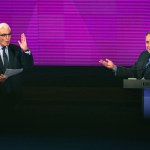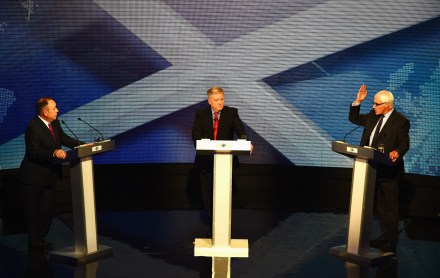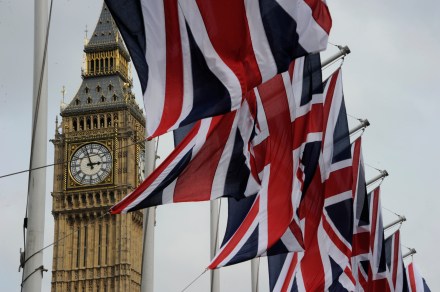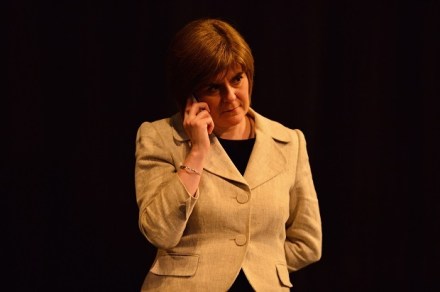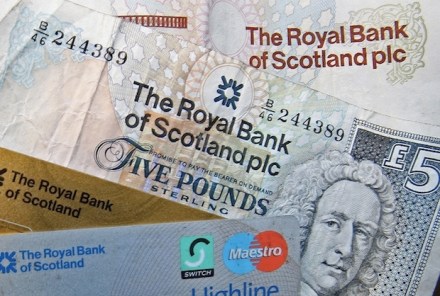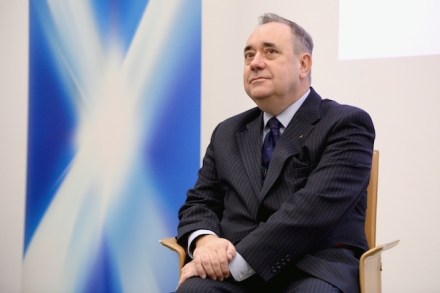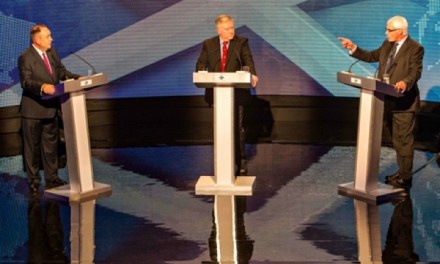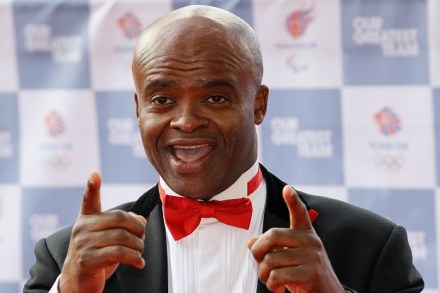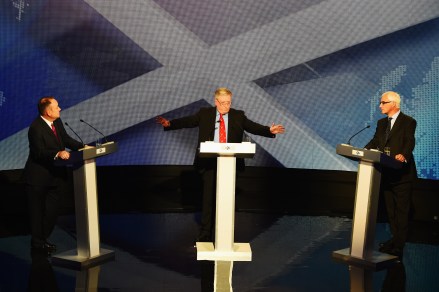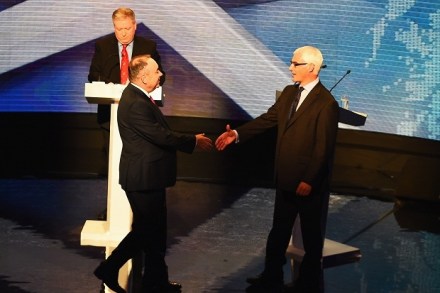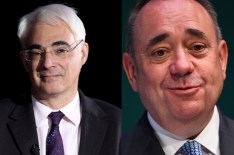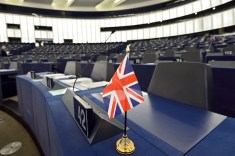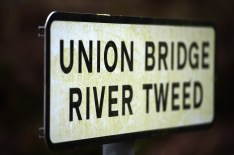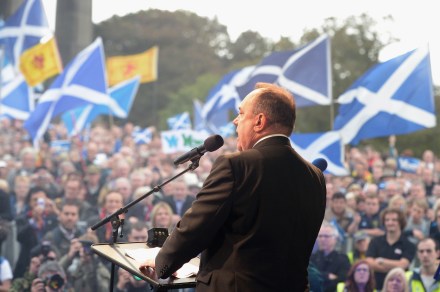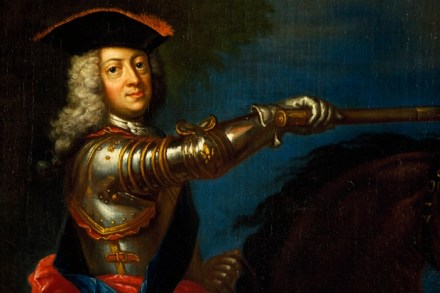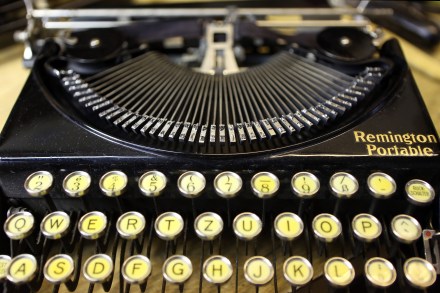A very Scottish dinner for the Prime Minister
Mr S could not help think that last night’s Scottish CBI dinner looked a little dreary and frankly a bit ‘budget’. The PM was coming to town; could they not have strung up some bunting at the very least? There was good reason the whole thing looked rubbish though: bureaucracy. The guest list was cut from 700 to 230 and the budget for the event slashed to just £10,000 after the Electoral Commission declared that this was a pro-union campaign event. The penpushers decreed: ‘We are of the view that the CBI’s dinner does constitute campaigning and as a result we have sought detailed assurances from them and their suppliers
